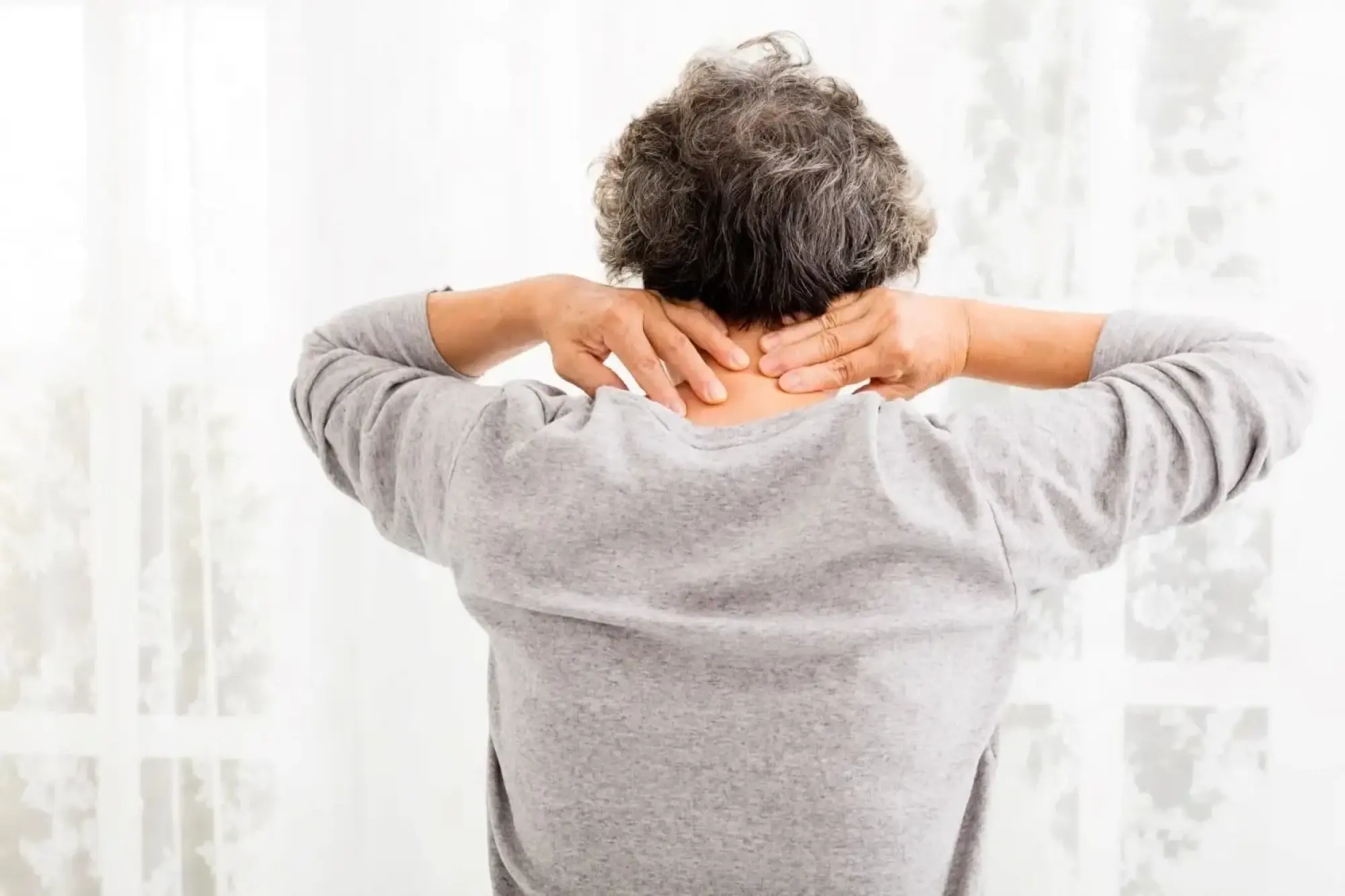Migraine in the Elderly
Overview
Many patients experience a reduction in migraine attacks in their later years. But some patients even experience new-onset migraine. Managing migraine in elderly patients means factoring comorbidities, like high blood pressure and stroke risk, into a treatment plan. Our experts explain more age-related considerations you should recognize in patients 65 years and older. That includes specific primary and secondary headaches to look out for.
Podcasts
Additional Resources
Headache in Older Adults
Clinical Pearls About Headache in Older Adults
Medicaton Overuse Headache Overview
Patient Resources

Migraine Through A Woman’s Life
For women, migraine frequency and treatment options can change from puberty to menopause. Learn how fluctuating estrogen levels affect migraine.

Veterans and Migraine
Military veterans may be more likely to experience migraine attacks and headaches, often stemming from brain injury and other combat-related trauma.

Migraine, Stroke and Heart Disease
While there is a link between migraine and stroke, the risk of migraine-related stroke is low. Learn more about the connection and how it can affect you.

